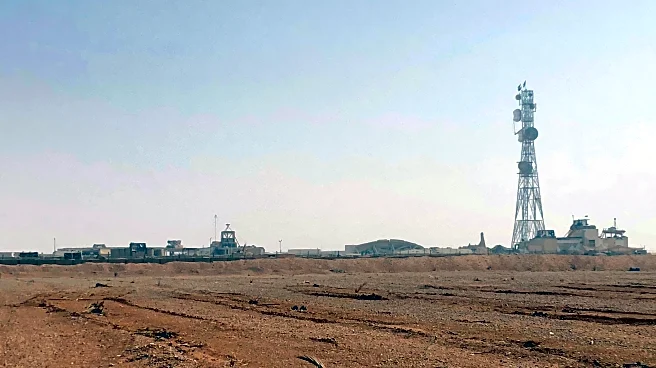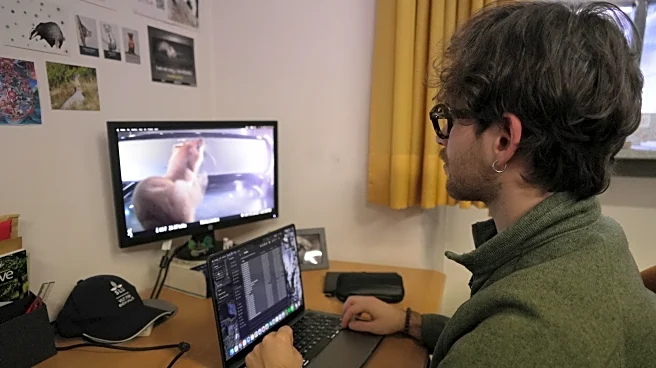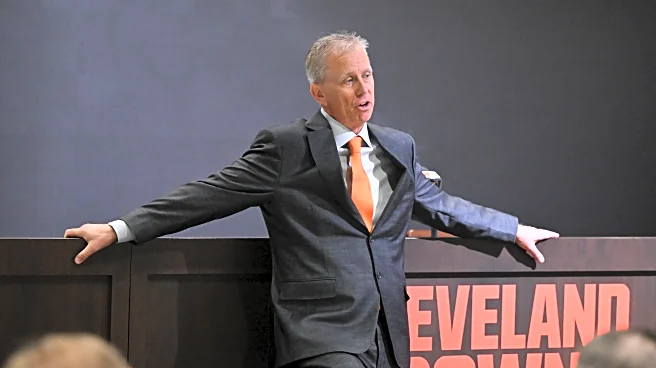What's Happening?
India has initiated a Special Intensive Revision (SIR) of electoral rolls across 12 states, affecting approximately 510 million voters. This exercise aims to ensure the accuracy of voter lists by removing
ineligible names and including eligible voters. However, migrant workers in areas like Rangpuri Pahari, Delhi, express concerns over the financial burden of traveling home to update their voter registration. Many fear losing wages and facing difficulties due to gaps in official documents. The Election Commission has introduced online verification to ease the process, but many workers find it unfamiliar or risky.
Why It's Important?
The revision of voter rolls is crucial for maintaining electoral integrity in India, but it poses significant challenges for migrant workers who are often employed in low-wage, informal sectors. These workers risk losing income and face logistical hurdles in updating their voter information. The situation highlights broader issues of accessibility and representation for marginalized groups in electoral processes. Ensuring these workers can participate in elections without undue hardship is vital for democratic inclusivity and social equity.
What's Next?
The Election Commission plans to provide ample time for filing claims and objections, and will use electoral rolls from 2002 to 2004 as reference. Migrant workers must produce additional documents if their names are not on these lists. The upcoming elections in states like West Bengal add urgency to the situation, as workers must navigate the revision process and prepare for voting. The Commission's efforts to facilitate online verification may help, but widespread awareness and support are needed to ensure effective participation.











